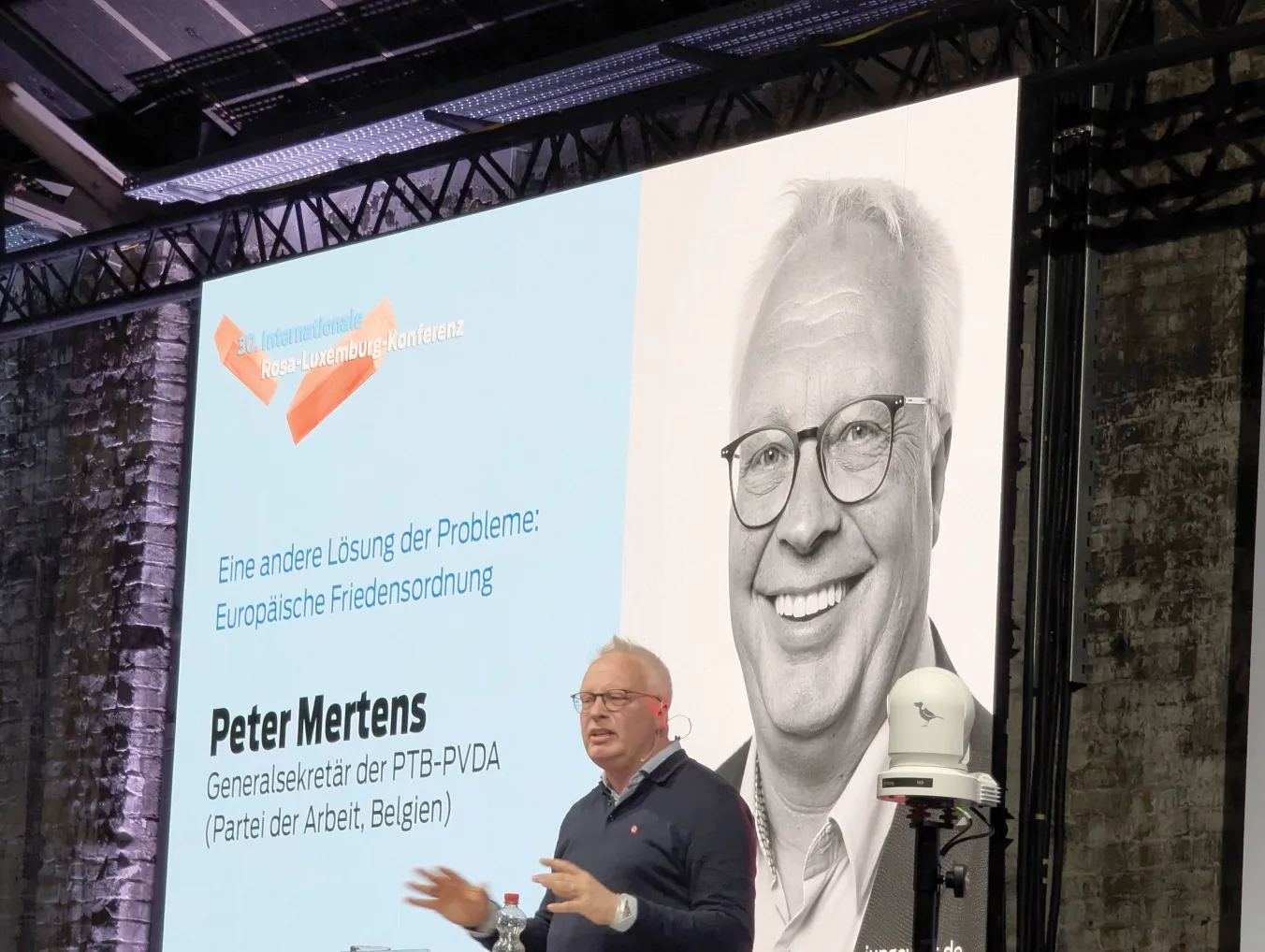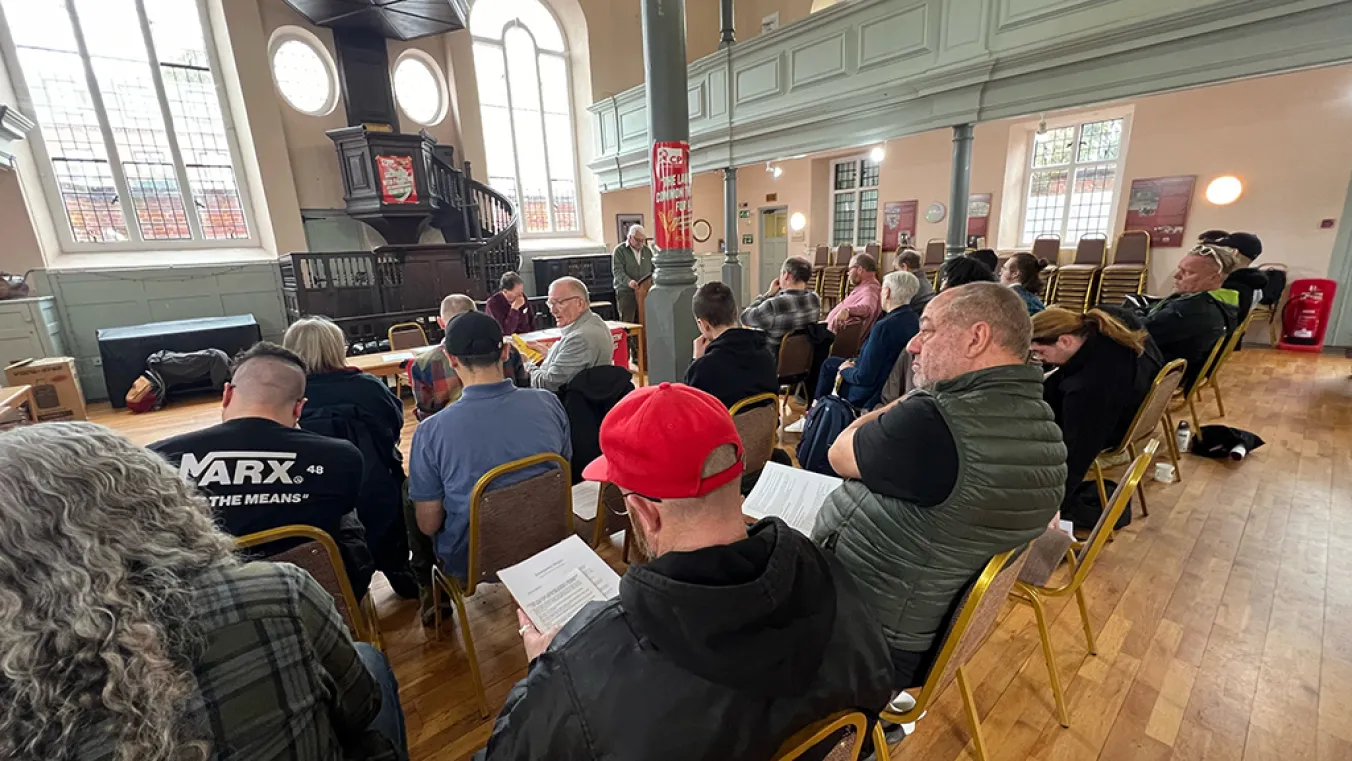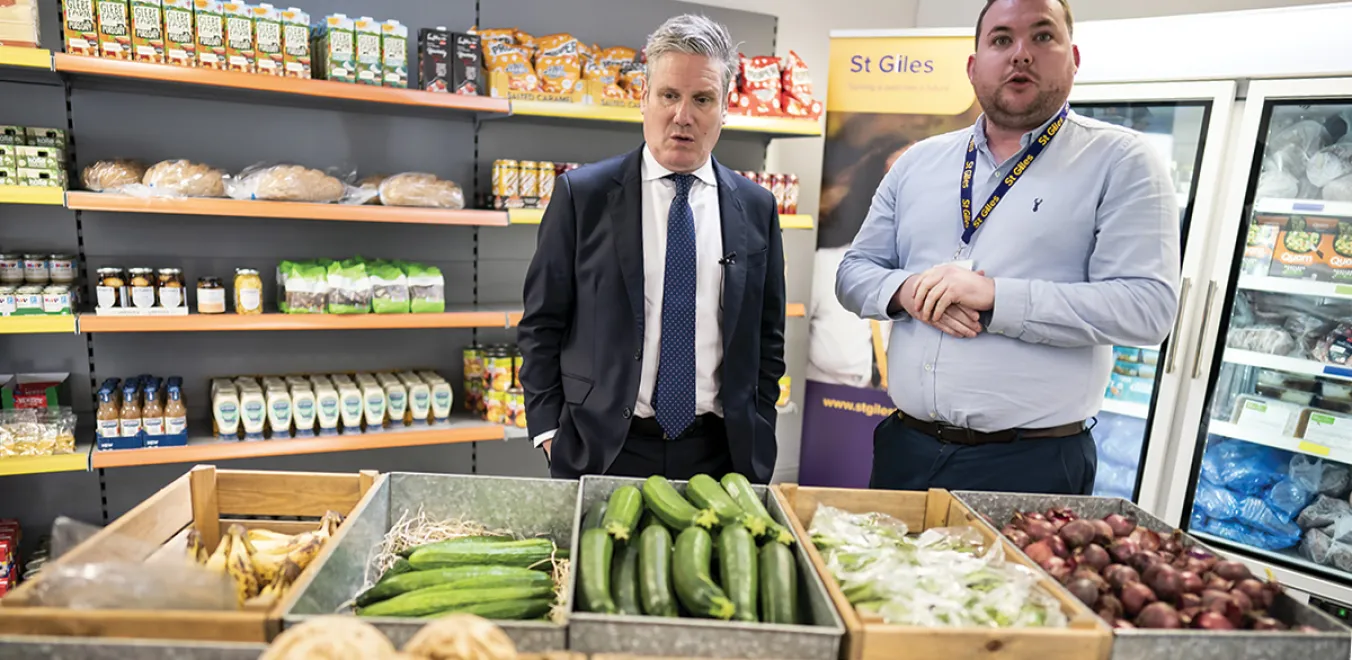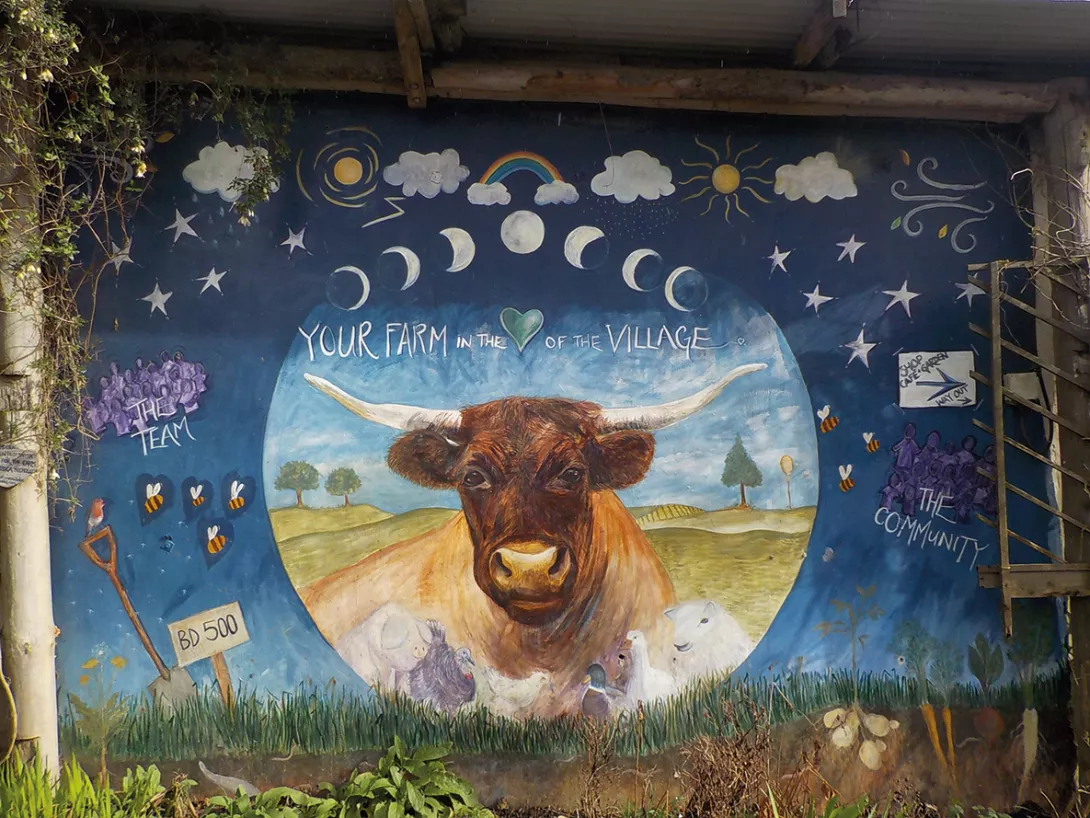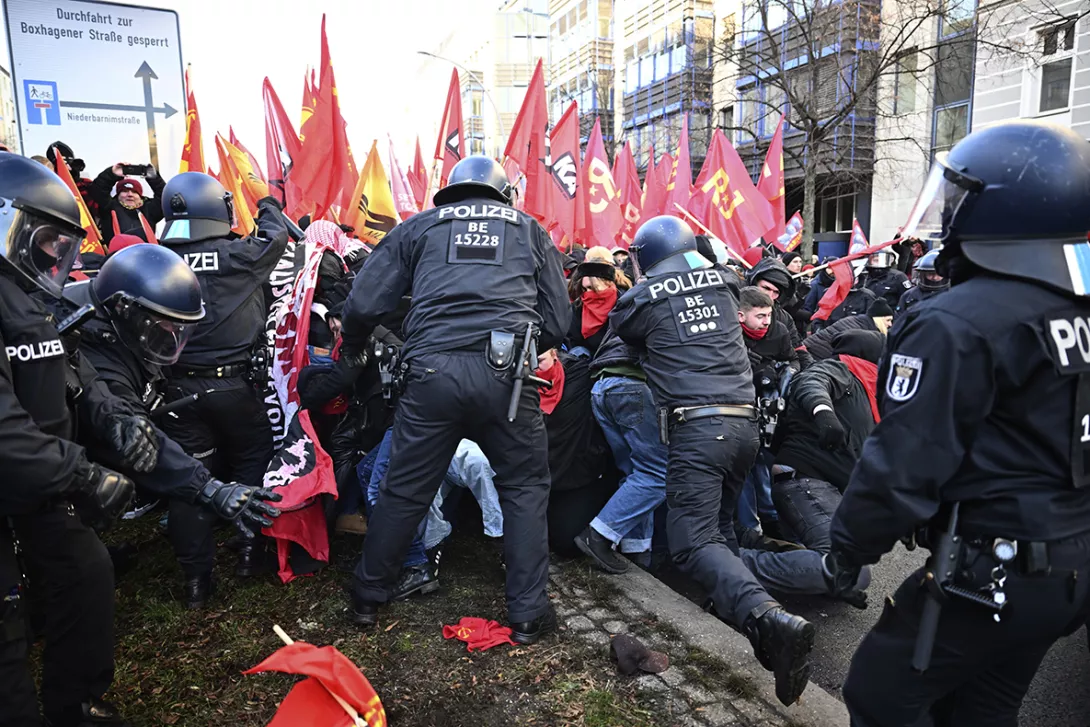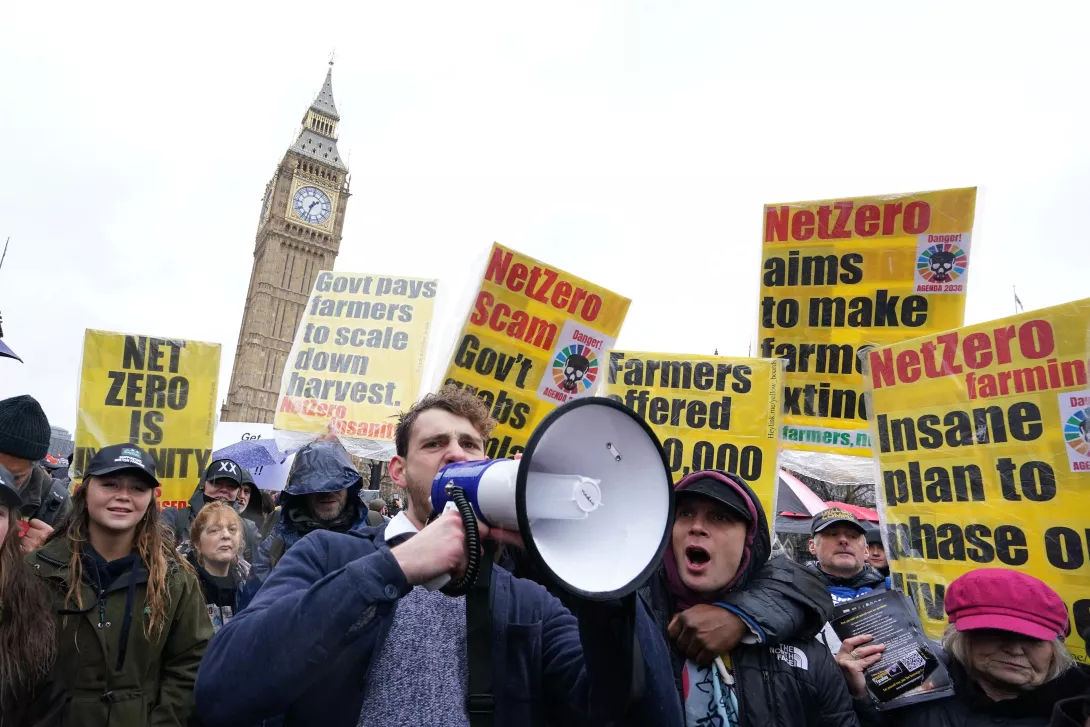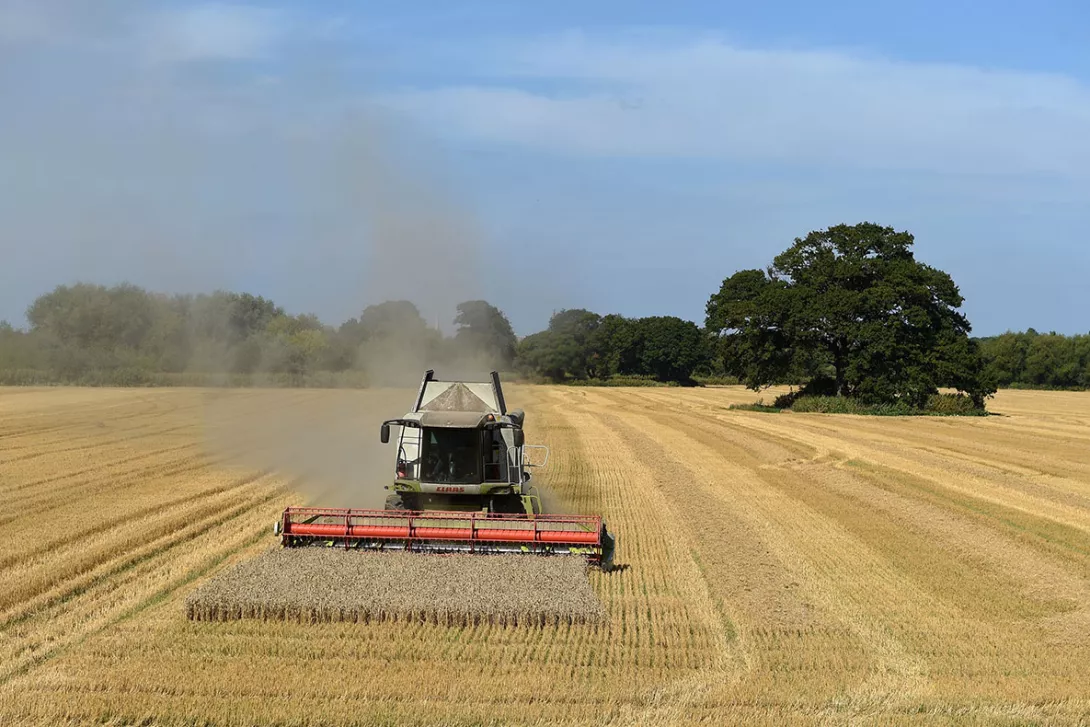
THE decline of rural life in Britain is a crisis that’s been brewing for decades. Marx and Engels highlighted this back in 1846, warning how rural communities were becoming second-class citizens in their own country.
Fast forward to today, and their warnings have come true. The countryside is on the brink, ravaged by years of public spending cuts, monopolistic control over transport and food, and a housing market hijacked by greedy developers.
Rural Britain is in dire straits. The decay of small farms and the stranglehold big supermarkets have on prices has left rural communities struggling to survive. The Countryside Alliance, which should have been about supporting agricultural workers, instead became a mouthpiece for fox hunters and landowners. The left has failed rural workers by having no clear policy on food or strategy for revitalising rural life.
A few unions like Unite, GMB, Usdaw and the BFAWU are fighting to organise workers in the food sector, but more can be done. The scale of exploitation is staggering.
Workers, often migrant labourers, toil in fields late into the night for pitiful wages. What’s needed is a united front from the TUC to bring these efforts together, creating a strong, cohesive strategy to support those farming in the hills of Wales or picking strawberries in Suffolk.
The idea of land nationalisation isn’t new. It’s a legacy passed down from the Levellers, Diggers, Chartists and Joseph Arch’s Agricultural Union. But today, we face new challenges.
Supermarkets have a stranglehold on the food supply chain, big landowners leave fertile land unused, and the EU’s policies have battered our fishing communities. Processed food is making us sick, and less than half of the food we eat is produced in Britain.
The workers and small farmers at the bottom of this pyramid suffer the most. They can’t get a bus to work or visit relatives, can’t get their kids into a local school, and can’t find a dentist.
What’s needed is a complete overhaul — a national food policy that ensures quality, affordable food for everyone. This includes free school meals, proper nutrition in hospitals, and meals for pensioners, which means ending endemic outsourcing in the public sector.
A housing crisis plagues rural areas. The rampant buying up of second homes must be controlled, and instead, councils should be leading on building affordable homes for local people. As Marx and Engels pointed out nearly two centuries ago, the integration of rural and urban life is essential for any shift in the direction of socialism.
Climate change is another ticking time bomb. Coastal erosion threatens communities, while soil degradation is ruining farmland.
The government’s response? Nothing. We need action, starting with bringing the production of seeds, fertilisers, and pesticides under public control. A publicly owned water industry could also be a game-changer for agriculture.
The restoration of the Agricultural Wages Board is a good start, but it doesn’t go far enough. We need a food and farming price control board to take pricing power away from the retail giants and ensure fair prices for both producers and consumers. This is about taking back control of our food supply.
It’s time to rebuild the co-operative movement and encourage young people to get involved in agriculture. We should be setting ambitious targets — like producing 75 per cent of our food here at home. The quality of our soil is crucial, so we need to support new farming methods and move away from corporate-controlled pesticides that create debt and dependency at home and abroad.
But food alone isn’t enough to sustain rural communities. They need schools, medical centres, sports and cultural facilities, and libraries.
The time for action is now. Let’s give our rural communities the support and resources they deserve to build a brighter, more sustainable future.
